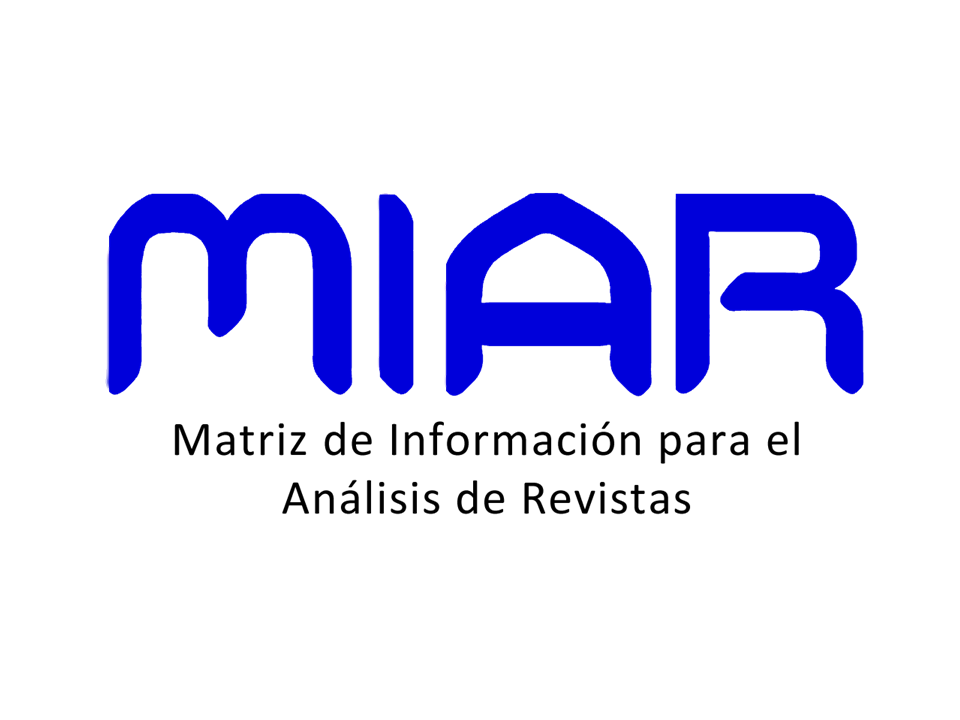UM ESTUDO SEMÂNTICO-ARGUMENTATIVO NO GÊNERO ANÚNCIO PUBLICITÁRIO
DOI:
https://doi.org/10.22478/ufpb.1983-9979.2022v17n2.63993Keywords:
Argumentation. Modalization.. AdvertisementAbstract
This paper presents a discussion about the construction of argumentation in the advertising genre. The mentioned textual genre is currently one of the most used means by advertisers, in general, who intend to promote their brands and products to a general public or a more specific public, in order to attract them to buy the offered product. Knowing this, this work intends to investigate the phenomenon of modalization in advertisements created by well-known brands, analyzing the meaning effects created by the use of modalizers in the construction of arguments in the selected advertisements. The theoretical framework discusses the notions of Argumentative Semantics by Ducrot and collaborators (1988); the concepts of Discursive Modalization is based on Cervoni (1989), Castilho and Castilho (2002), Moura Neves (2010), Koch (2009) and Nascimento e Silva (2012); and, finally, the advertisement genre is conceived based on the Theory of Discursive Genres, proposed by Bakhtin (2000 [1979]). The methodology adopted is bibliographical and descriptive, with a qualitative approach. The corpus consists of four advertisements available on the world wide web, produced by important brands that sell in Brazil. The results revealed that the modalizers were used as an argumentative resource present in the construction of advertisements, as demonstrated, that in addition to reinforcing the qualities of the products, they also guide the consumer towards the purchase.










